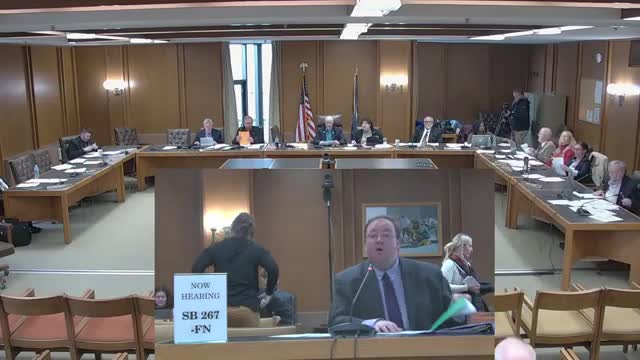Article not found
This article is no longer available. But don't worry—we've gathered other articles that discuss the same topic.
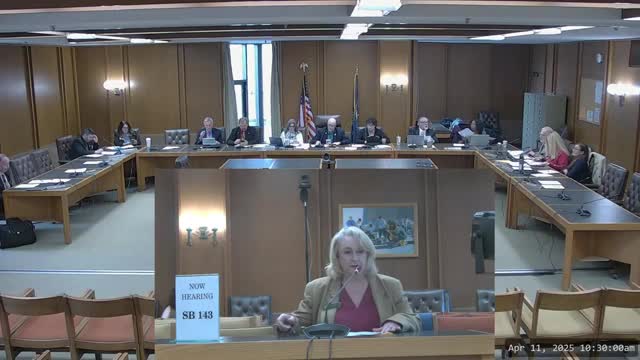
Bill would require sexual assault kits reach state lab within seven business days; pilot allows common‑carrier transport
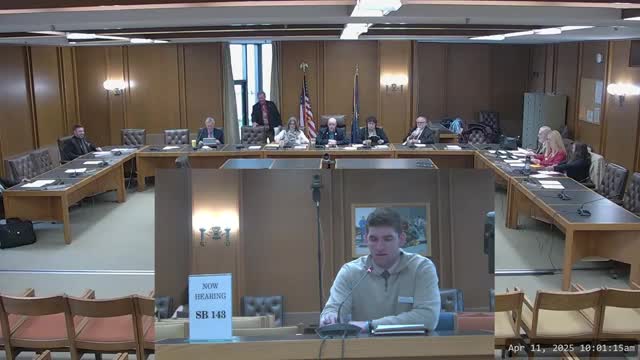
Committee reviews changes to New Hampshire impaired‑driving care management program
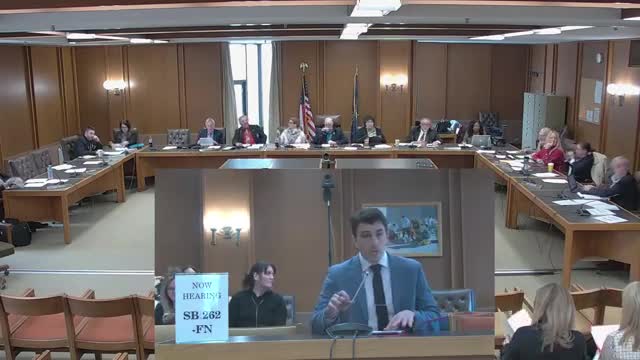
Sponsor and survivor groups back bill to fine patrons of commercial sex; advocates and worker groups disagree
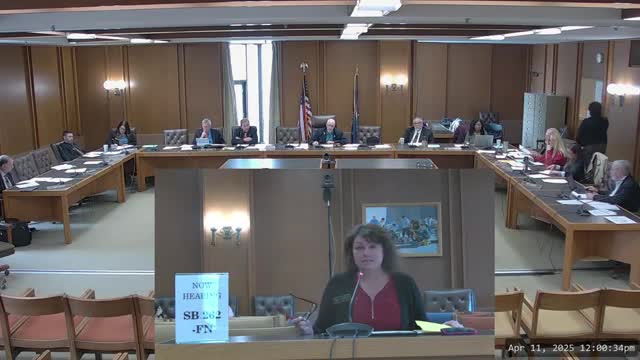
Coalition and sponsor back stiffer penalties for child trafficking; committee hears survivor and provider support
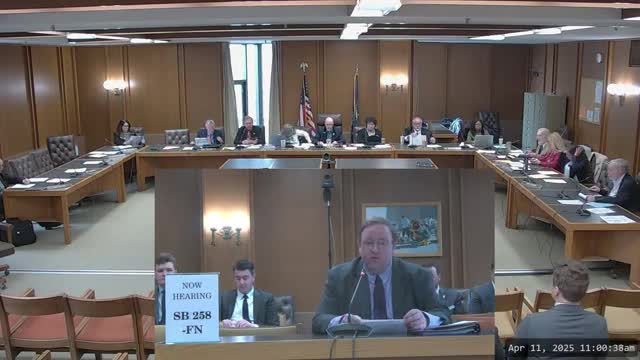
Attorney general and retailers back bill to better criminalize gift‑card tampering and theft
